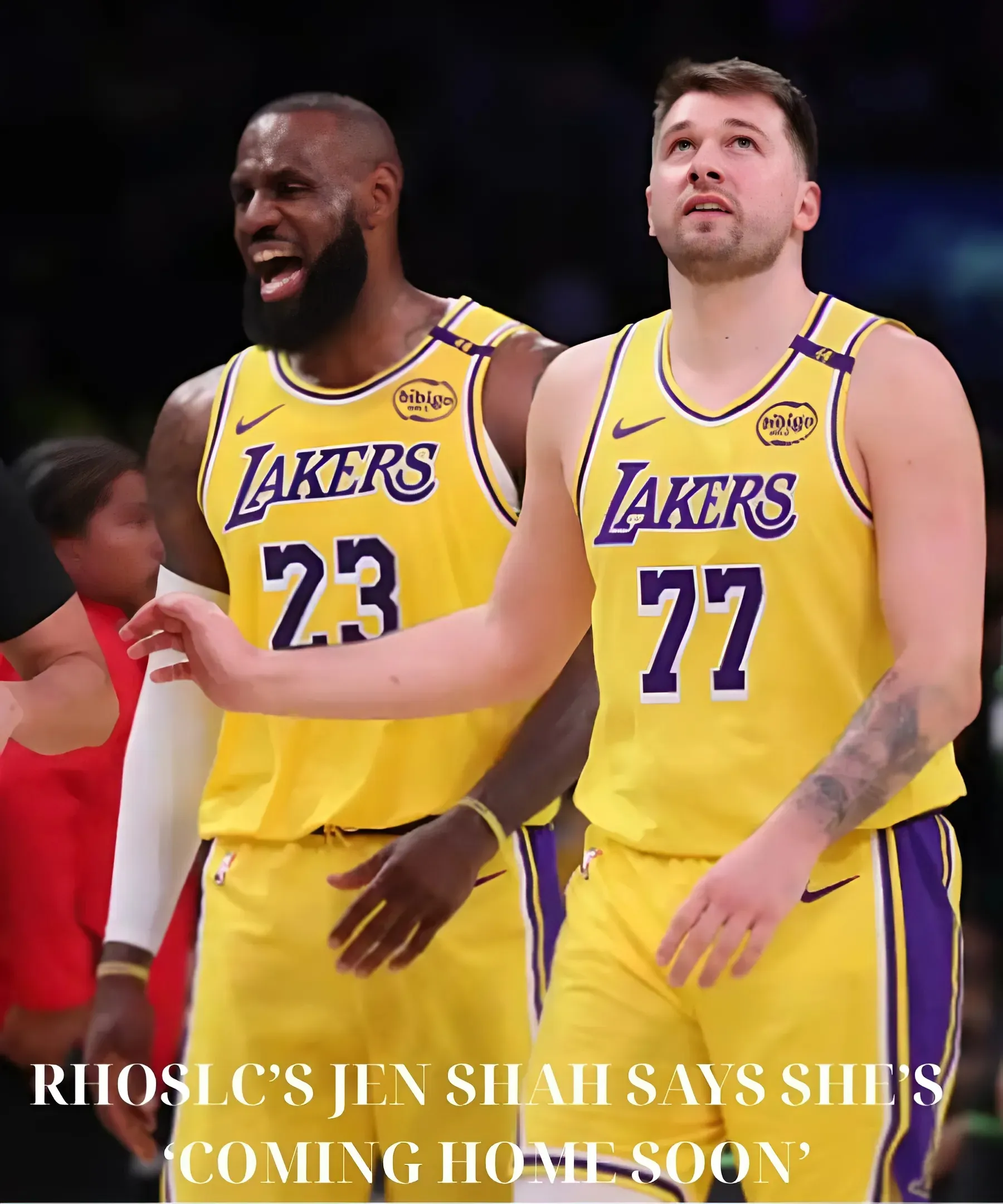When the Baltimore Ravens handed a deal to DeAndre Hopkins in free agency, the benefits looked obvious. They were getting a proven veteran wide receiver with a Pro Bowl-laden track record who can still make the tough catches, but Hopkins’ arrival can also help the Ravens improve a number that was the worst in the NFL during the 2024 season.

It concerns how often offensive coordinator Todd Monken called “11” personnel, one running back, one tight end and three wide receivers. As Ravens.com Editorial Director Ryan Mink detailed, this set “was the most commonly used package in the NFL in 2024,” but Monken’s offense “used it at the lowest clip (30.1%) in the league last season, per Sports Info Solutions.
Acquiring Hopkins has given the Ravens the option to put three receivers onto the field at a much higher rate this year. Mostly because, as Mink pointed out, “Hopkins diversifies the wide receiver room’s skillset as a contested-catch maven. He could open up more sideline back-shoulder throws that are very difficult for cornerbacks to defend, giving Jackson another trusted target outside the hash marks.”
Getting Hopkins more involved shouldn’t mean a reduction in playing time for fellow Ravens wideouts Zay Flowers and Rashod Bateman. Mink correctly called Flowers and Bateman “one of the league’s most talented duos,” so Monken will find it difficult to resist the temptation to put three explosive pass-catchers into the lineup at once.
Doing so would add more variety and big-play potential to Baltimore’s offense, but those things could come at the expense of two other personnel groups the Ravens loved last season.
DeAndre Hopkins Opens Up Playbook for Todd Monken
Having Hopkins on board expands the possibilities for what Monken can do with a rapidly evolving passing game. The play-caller has helped two-time NFL MVP Lamar Jackson mature as a passer during the last two seasons, and now Monken can help Hopkins defy his critics and enjoy a prolific winter to a career defined by dominating coverage.
How that happens will depend largely on the ways Monken uses Hopkins to attack defenses. There are a myriad of possibilities for the three-time All-Pro, including outside the numbers, where the 33-year-old has often feasted.
Hopkins was still winning on the perimeter as recently as 2023, when Receiver School highlighted the then-Tennessee Titans receiver somehow getting open on an out route against a cornerback playing outside leverage.
Throws outside the hashmarks are traditionally the hardest for a quarterback to make, so Jackson will benefit from Hopkins’ presence, but it’s not the only way the latter can change this offense.
Hopkins also offers Monken a big-bodied target with strong hands who’s capable of winning on the inside. Especially since one Ravens coach has already compared D-Hop to members of the team’s loaded tight end rotation.
That comparison could prove significant if it means Hopkins reduces the Ravens’ reliance on one of last season’s go-to formations.
Ravens Must Balance Personnel Usage
Monken leaned into his unit’s strength at tight end to make “12” personnel a “superpower” last season. It made sense when it meant getting All-Pro Mark Andrews and roving breakout threat Isaiah Likely onto the field at the same time, but Monken can still lean into three-wide receiver looks without ignoring his tight ends.
Likely’s flexibility allows him to split out as a wide receiver at any time, essentially giving the Ravens a three-receiver set with two tight ends in the lineup. Using this ploy more often would be good for Likely, but so would letting the fourth-year pro take Andrews’ place in more conventional “11” personnel groupings.
That way the Ravens could still get Hopkins, Bateman and Flowers on the field together. The possibilities here are intriguing, including shifting Bateman inside, stacking all three together or using bunch formations to hide Jackson’s primary target behind another receiver defenses can’t ignore.
A three-receiver set would be a more wide-open look than the run-heavy and densely populated backfields the Ravens “weaponized” last season. This grouping suited bulldozing running back Derrick Henry and Jackson’s dual-threat rushing skills, but the Ravens need more balanced usage of a growing list of varied and dynamic personnel.
-1752899964-q80.webp)
-1754065591-q80.webp)

